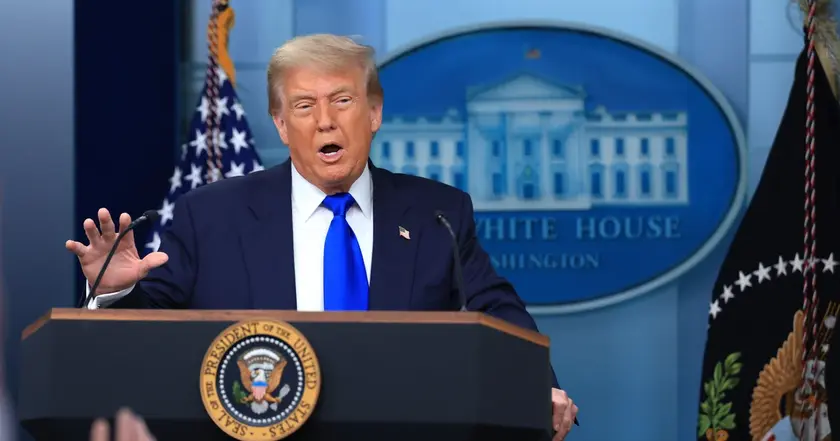T4K3.news
Federalization of DC police tests local autonomy
Trump federalizes DC policing, prompting questions about leadership, oversight, and how community policing will work with federal agents on the streets.
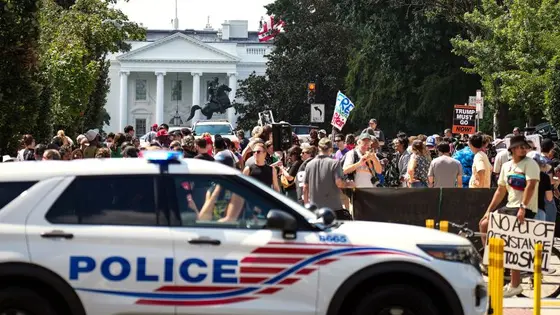
Editorial analysis of President Trump’s move to federalize Washington DC’s Metropolitan Police and its implications for local control and policing.
Federalization tests DC policing and local autonomy
The White House announced that President Trump has declared a crime emergency and federalized the Metropolitan Police Department under Section 740 of the Home Rule Act. Officials say the move aims to curb crime in the nation’s capital, with the mayor and police chief confirming they were not fully briefed before the news conference. The order gives the attorney general authority to oversee the MPD and instructs the mayor to provide services as needed, while federal liaisons plan to coordinate with local officers. The administration has also activated up to 800 National Guard personnel, with as many as 200 assigned to supporting law enforcement, and has shifted roughly 130 FBI agents to DC patrols. Police and city officials caution that the practical division of leadership remains unclear, and that federal agents are not routinely trained for community policing or the same use-of-force policies as MPD officers.
Analysts say the move raises questions about how power should be shared in a city that is not a state. The order says the mayor shall provide such services as the Attorney General may deem necessary and appropriate, but the exact chain of command and decision making in practice remain unsettled. Bowser described the change as unsettling and unprecedented and pressed for clarity while noting that the police chief would continue to lead the department. The plan also signals a broader federal footprint in daily policing, a shift that could affect how local residents experience safety, accountability, and community trust.
Key Takeaways
"We’re going to restore the city back to the gleaming capital that everybody wants it to be."
Trump speaking at the White House after announcing the order.
"Nothing about our organizational chart has changed."
Bowser statements about the city's command structure.
"This is unsettling and unprecedented."
Bowser on the intrusion into local governance.
"We’re not experiencing a spike in crime but a decrease in crime."
Bowser on crime trends in DC.
This development highlights a fundamental tension in American governance: where local autonomy ends and federal authority begins. The District’s status as a federal district rather than a state makes the arrangement legally murkier and politically sensitive. While the stated goal is to reduce crime, quick, top-down interventions rarely address underlying drivers such as housing, education, and economic opportunity. The presence of FBI agents and National Guard personnel on streets may deter crime in the short term but risks alienating residents if policing feels imposed from above. The episode also intensifies the DC statehood debate, with advocates arguing that true autonomy should come from state status rather than emergency measures. The balance between security and self-governance will shape how this experiment is judged in the weeks ahead.
Highlights
- Who owns the capital’s safety is up for grabs
- Autonomy is the backbone of a city not a slogan
- Federal hands reach into local policing and questions follow
- The street plan is now written in Washington not at City Hall
Political and governance risk from DC police federalization
The move challenges local autonomy and raises questions about chain of command, accountability, and the impact on community policing. It could trigger political backlash in DC and among advocates for statehood and local control. The action involves multiple federal agencies and the DC mayor’s office and may set a precedent for future presidential influence over district governance.
The test is not only about crime numbers but about who speaks for a city when the federal line is drawn.
Enjoyed this? Let your friends know!
Related News
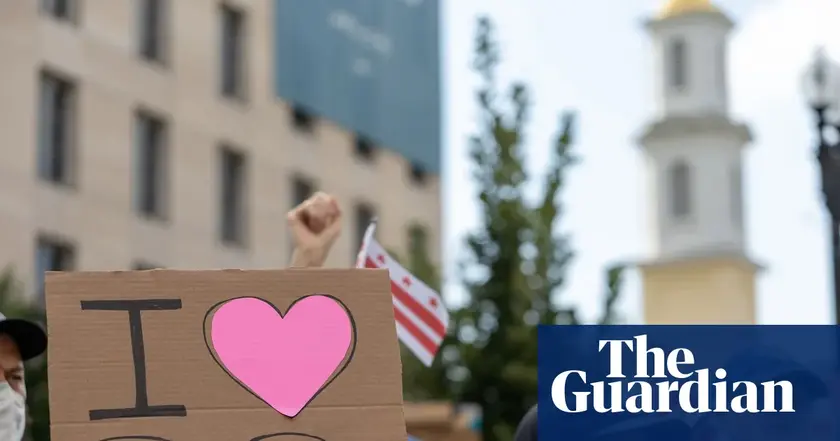
DC police takeover announced by Trump
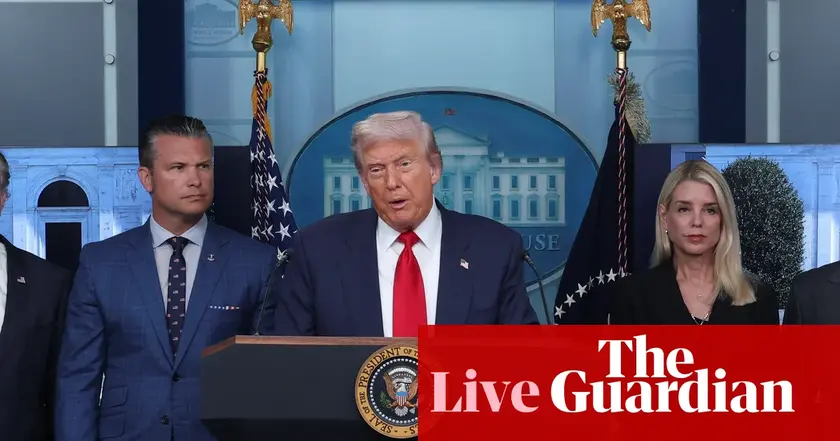
Federal policing move in DC
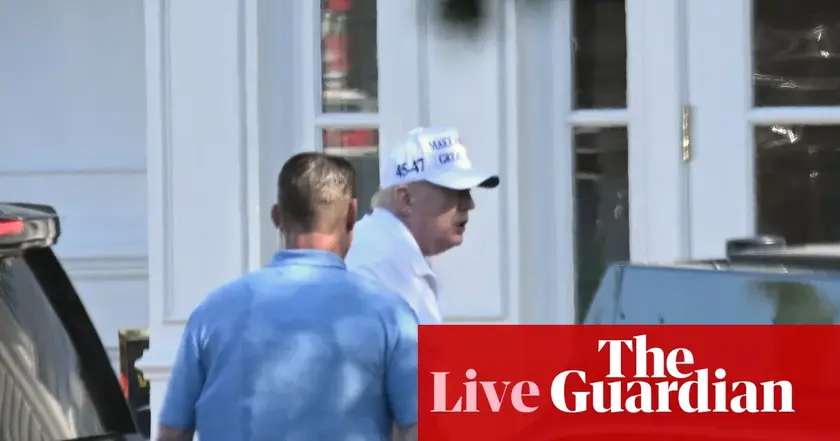
Trump orders homeless eviction in Washington DC
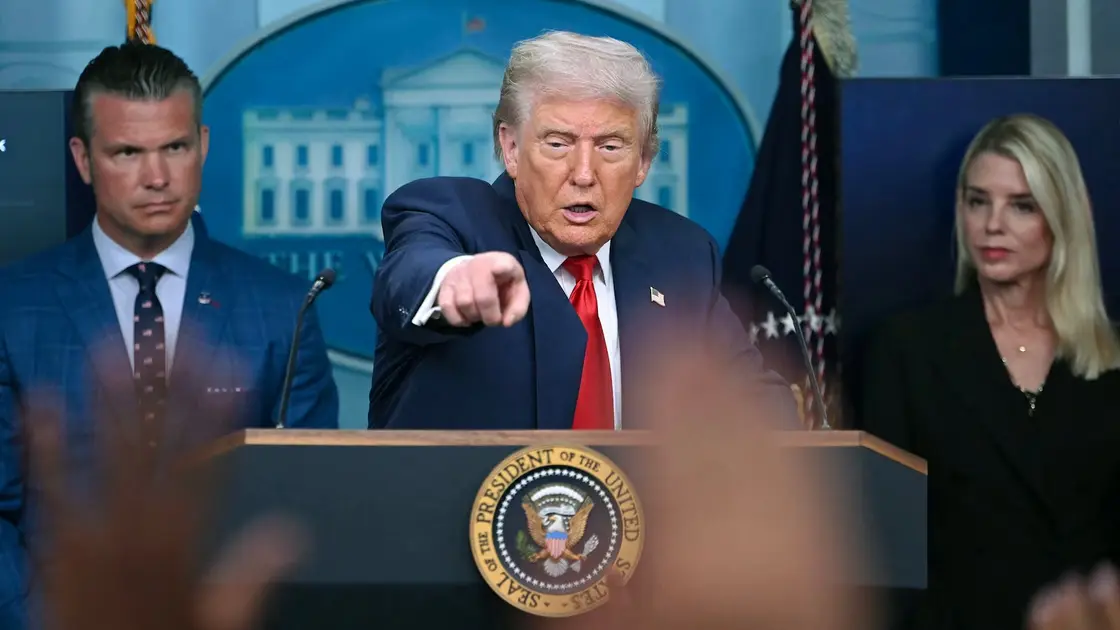
Trump places DC police under federal control
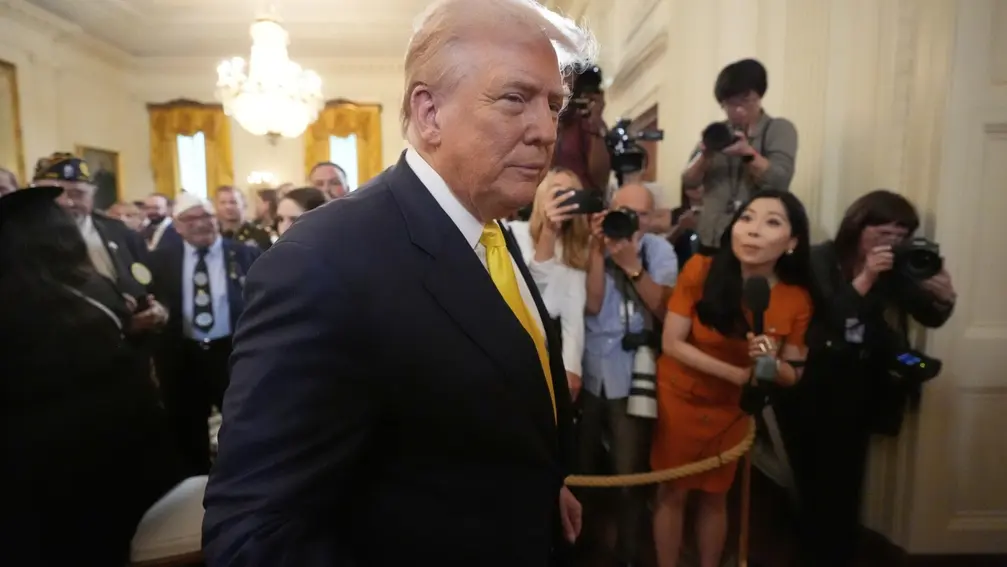
Federal policing increases in DC
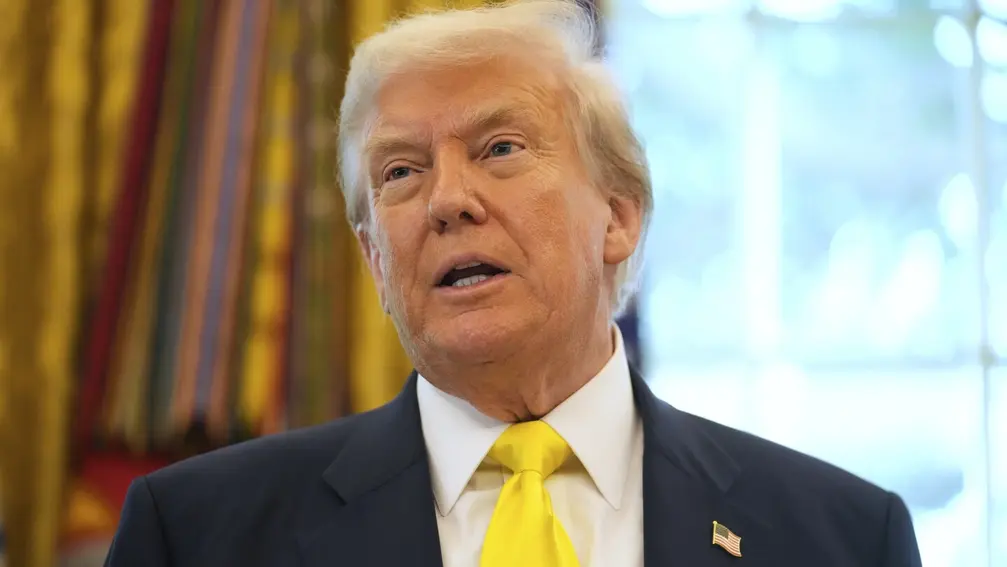
Federal presence expanded in DC
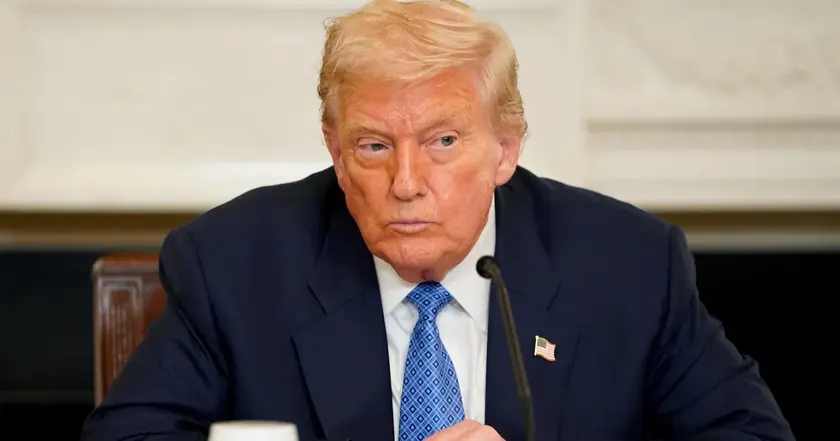
Federal questions unfold in DC
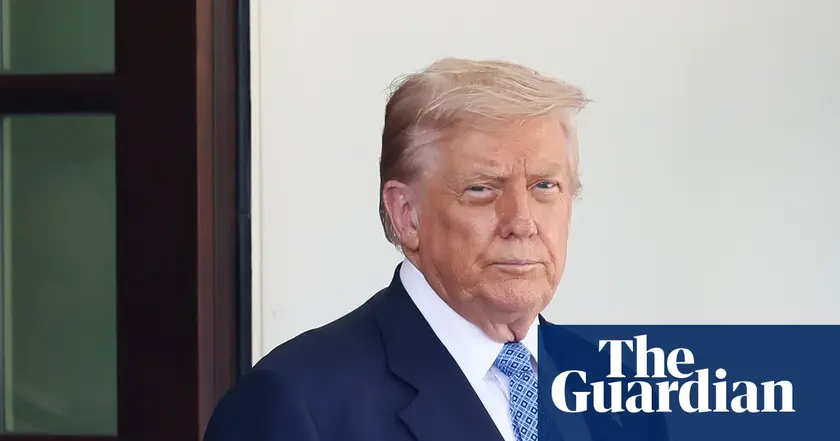
Trump pushes for DC evictions
